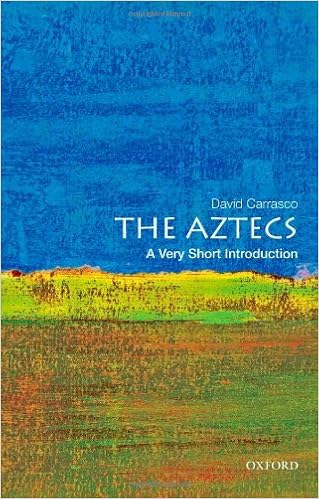This is a brief lecture series (6 lectures) on the basics of human nutrition - what to eat, what not to eat, and what to believe and not believe about trendy diets and food/nutritional supplements.
In addition, the most of the lectures touch upon exercising especially with respect to healthy ways to eat and drink to support exercising. Furthermore, one of the lecture focuses on losing weight in particular.
The basic message of the lecture series is unambiguously clear: with the exception of very, very few athletes who train very, very hard, all that is needed for healthy living is a balanced, normal diet (i.e. not a diet in the "marketing" sense) and a moderate amount of exercising about every second day or so.
Was it good?
The lectures are delivered very clearly and in an engaging way with an authority and fluency of a senior academician.
Moreover, basically all the stances the lecturer takes are backed by references to academic studies, mostly large-scale review studies (i.e. syntheses of research literature).
Thus, what the lecture proposes is very credible and credibly presented - at least in my opinion.
Moreover, the lecturer in a very nice way crystallizes the basic points of each of the lectures at the end of each lecture, making the core contents very hard to miss.
The main take-away for me?
The main take-away from this lecture series has to be that common sense, moderation and a generally active life style is entirely sufficient for a healthy life. Thus, no diet or supplement can fix a lifestyle which is unbalanced or otherwise unsustainable to begin with - even though the industry pushing such a (contrary) message is a billion dollar if not a trillion dollar industry globally.
Who should read the book?
This lecture series is without a doubt recommendable for just everyone. Moreover, the duration of just about 3,5 hours is not excessively long for anyone.
The book on Amazon.com: The Myths of Nutrition and Fitness






